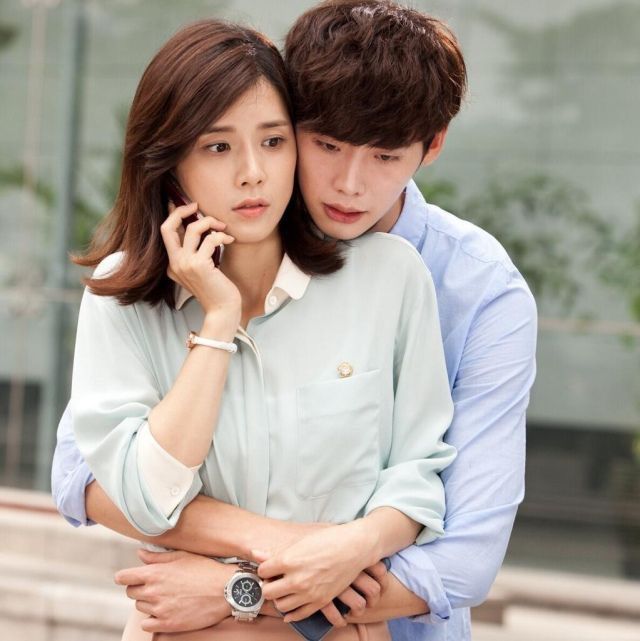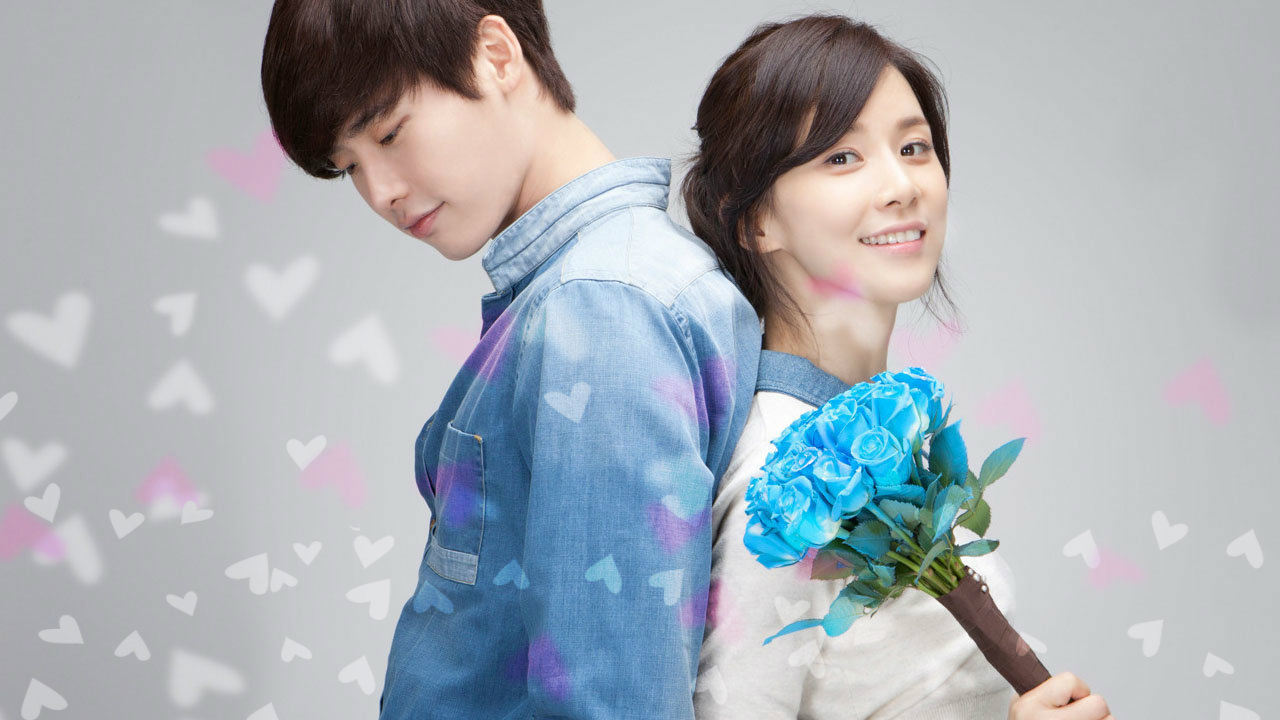

Jae's becomes the elusive leader of an enormous motorcycle gang - "one of the few groups that the entire public could loathe together". I felt as if I'd been the king's eunuch all my life. There's also a Buddha-element here - and when the former boyfriend of the girl he becomes somewhat involved with meets them he asks:ĭonggyu eventually abandons his traditional lifestyle, and family, as well, joining Jae's crowd - but very much as follower, not equal: Jae is presented as an obviously Christ-like figure, his path one of similar hardship, understanding, and then leadership. What Jae had instead was a vague sense of mission, though this energy inside him hadn't yet found the means or the right time to emerge. He didn't have fantasies of hard-won success. Instead he saw with his wn eyes and rarely believed anything that grownups said. He wasn't interested in what schools taught. Jae is unusual, in a variety of ways - and:Įver since he was young, Jae's view of the world was truly his own. Jae's sunken eyes became shiny and glowed with an otherworldly energy. If a being experiences extreme suffering, I feel it too." It doesn't make a difference whether it's an object, machine, animal, or human. Sometimes he joins small communities of others around his age who are also getting by, in different ways, on their own - a rough world where Jae plays a subservient role, though eventually breaking out from it.Īs he matures, he becomes more leader than follower - and eventually he is the de facto leader of a motor cycle gang (though many of those following him are just delivery boys with small-scale bikes).Īs suggested already by his ability to understand mute Donggyu when they were very young, Jae is empathic - becoming, it seems, ever more so: He and Jae remain friends, but drift apart as the neighborhood undergoes changes, Donggyu's family moves away, and Jae struggles with Mama Pig's decline and winds up in an orphanage.Įventually, Jae becomes a street kid, living rough. He wasn't the receiver of my desires he was their interpreter.ĭonggyu's muteness is temporary, and he becomes a normal kid again.

Jae doesn't mind the boy's muteness - and mostly understands Donggyu anyway: Jae grew up in the same building complex as Donggyu - a boy who spoke normally as a toddler but then: "spoke less and less until eventually I was always silent". In the mob scene surrounding his birth the child was passed on to Mama Pig, who walked off with the infant and raised the boy as her own. The story begins with a very vivid description of Jae's bus station bathroom birth - and near-death, as his teenage mother tried to smother the newborn. The far-ranging novel explores this idea to some extent, focused on Jae, a messianic figure who becomes a popular leader of sorts, and his childhood friend Donggyu, who lives a more conventional life but eventually also abandons it and joins Jae's world. I Hear Your Voice opens with a brief prologue of sorts, variations of stories of a spectacular old magic trick - nicely beginning: "A rope descends from the sky, so the beginning itself is strange" and concluding with the narrator revealing his changed perspective, how in one variation of this story the magician disappeared and he used to wonder what became of him, while now what interests him is the assistant who was left behind. We acknowledge (and remind and warn you) that they may, in fact, be entirely unrepresentative of the actual reviews by any other measure. Similarly the illustrative quotes chosen here are merely those the complete review subjectively believes represent the tenor and judgment of the review as a whole. Please note that these ratings solely represent the complete review 's biased interpretation and subjective opinion of the actual reviews and do not claim to accurately reflect or represent the views of the reviewers. " I Hear Your Voice is ultimately an invitation for the reader to further seek out Korean literature-and to truly understand the nuanced distinctions of a people both celebrating and bleeding" - E.J.Koh, World Literature Today.Krys Lee deserves credit for her skilled translation." - Malcolm Forbes, The National His warts-and-all portrayal of young disaffected, disenfranchised or delinquent misfits recalls Bret Easton Ellis’s Less Than Zero, and his characters’ anguished alienation is as palpable as that found in Haruki Murakami’s fiction. "Kim excels with his tour of Seoul’s underbelly and his examination, or evisceration, of urban culture.General information | review summaries | our review | links | about the authorī+ : a compelling modern-Christ-variation Trying to meet all your book preview and review needs.


 0 kommentar(er)
0 kommentar(er)
